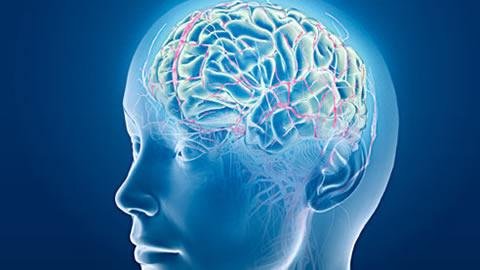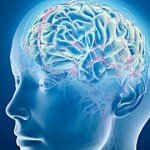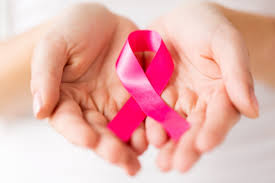
Many people who have undergone cancer treatment will tell you that they faced cognitive changes. So let us try to find out the neuroscience behind cognitive changes and how to cope with this situation, but first let us understand the term itself.
Cognitive Changes Explained
This term refers to the change in the ability of the patient to remember and learn. Coping up with cognitive changes after cancer can be a challenge at times, we will now discuss how it can be done. These changes may occur in the patient for many reasons.
Reason #1
One of the most common reasons for cognitive changes is related to neuroscience. This is more evident in those cases where the cancer treatment was targeted at the central nervous system.
Say for example if the patient had a tumour in the brain or in any part of the body that is close to the central nervous system they tend to develop cognitive problems.

Reason #2
Even high dose of chemotherapy and immunotherapy can have the same affect on the patient. We cannot blame the doctors for this. They are helpless and this is the only solution that they may have to deal with the fast spreading cancer. Many people have different degrees of cognitive changes and some may not experience it at all. The doctors have to give high dose of chemotherapy at times when the patient is seriously ill.
Slow vs Fast Affects
The interesting part is that cognitive changes may occur soon after brain surgery. On the other hand the cognitive changes in case of chemotherapy may take time or years to occur. There is no way we can avoid these problems. They are just like the many side effects of cancer treatment.
There are some cognitive changes that are simple and they may go away with time and treatment. On the other hand there are cognitive changes that may need very good treatment else the changes cannot be reversed at all. The most important point about dealing with the cognitive changes is to recognise them on time and ensure that you get help from your doctor.
The common cognitive changes that are associated with cancer treatment are:
- The inability to do multi tasking. When you are good at balancing a lot of acts suddenly if you feel disoriented then it may mean that you are suffering from the early signs of cognitive changes.
- Some people may fail to remember things that happened to them recently. This too is a major sign of cognitive changes. For example people forget that they bought something or that they met someone.
- Another point on cognitive changes is that you may all of a sudden see that you are not able to focus on your work. As a result you are unable to meet the deadlines. This can be very irritating and professionally can be quite damaging too.
- Some people who are fast decision makers and who are very active may feel that they are not able to decide quickly. They may feel confused and the rate of doing work also reduces. These are strong signs of cognitive changes.
- Inability to think clearly is also a good sign of cognitive changes.
- The person who gets cognitive changes may also suffer from lack of sleep.
- You may tend to forget simple things. You might forget dates, what you need to buy, name of people, etc. For example you come to a room looking for something and all of a sudden you completely forget what you were looking for.
- The ability to learn something new also suffers in cognitive changes. For example you want to learn a language or a new technology. The cognitive changes may make it very difficult for you to do so.
- Some people who suffer from cognitive changes also complain of being taken away by t heir thoughts. They tend to day dream and move far away from reality. This can be quite frustrating at times.
- Hallucination is again a common thing that can happen to those who are suffering from cognitive changes.
We know that it may be a little difficult to recognize the symptoms that we have mentioned above. However, if you ever had a history of cancer and you got it treated you must take these signs seriously.
If you do not then these signs may become a bigger problem for you in the future and the damage can even become irreversible. You may get few of these symptoms or just one of them. It depends on the effects that the treatment had on the central nervous system.
The personal and social changes are also many with cognitive changes. When a person suffers from cognitive changes he or she becomes very short tempered and irritated easily.
They tend to get depressed as they are unable to understand the changes that are happening to them. Some of them may even try to become less and less social. You must remember that the first step in coping up with cognitive changes after cancer is to discuss about it with your friends and family.
Ask for their help and ensure that you do discuss the same with your doctor. You must keep a track of how these cognitive changes occur.
The frequency of these changes and the degree of the problem must be noted. Only when you keep a close track of the problem can you deal with it better.
The cognitive changes can be treated just that they must be identified at the right time.










